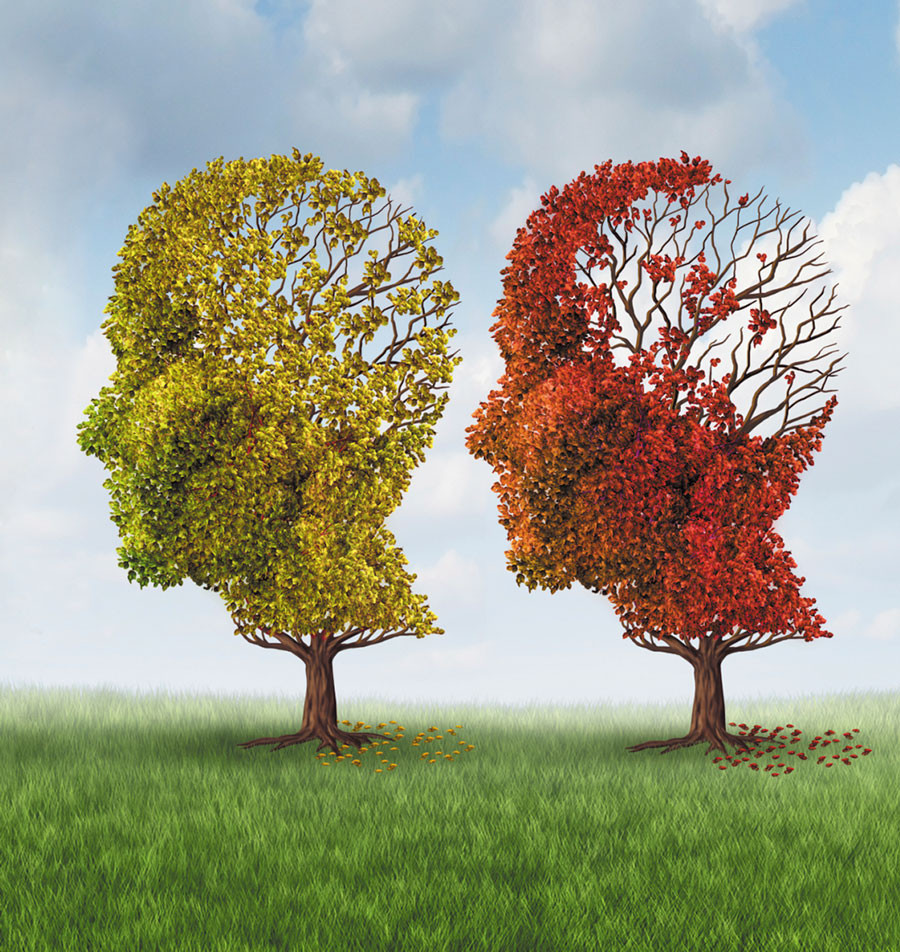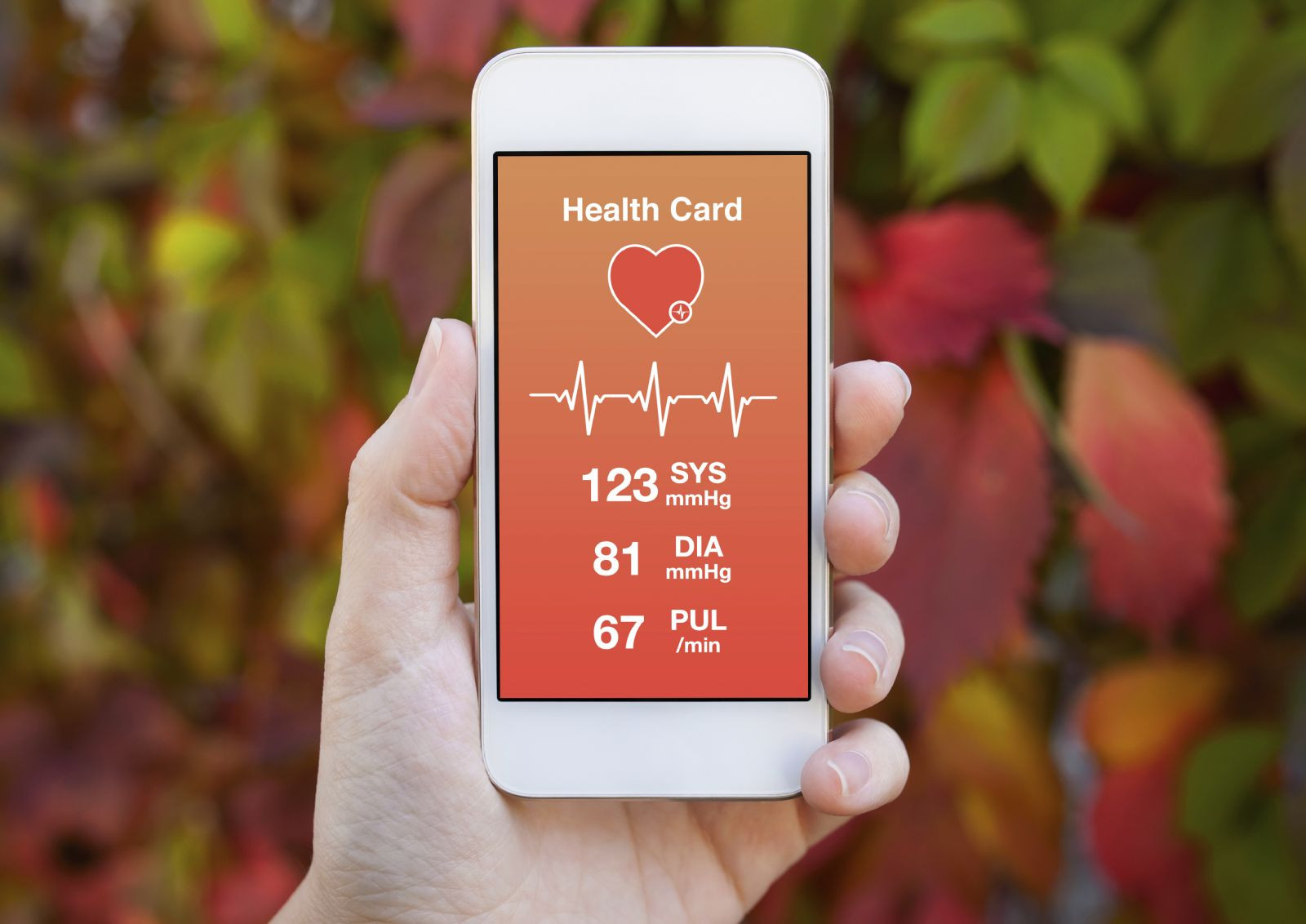
Tips to leverage neuroplasticity to maintain cognitive fitness as you age

Can white noise really help you sleep better?

Celiac disease: Exploring four myths

What is prostatitis and how is it treated?

What is Cushing syndrome?

Exercises to relieve joint pain

Think your child has ADHD? What your pediatrician can do

Foam roller: Could you benefit from this massage tool?

Stepping up activity if winter slowed you down

Common causes of cloudy urine
Staying Healthy Archive
Articles
Should you go organic?
Organic produce may have fewer pesticide residues than conventionally grown produce. But the amounts for both are within the levels for safe consumption. Image: Thinkstock |
These foods are grown without fertilizers, pesticides, and other synthetic additives. But are they better for you?
Walk through any grocery store today, and you'll likely see more shelf space devoted to organics—foods that are grown without most synthetic fertilizers and pesticides, and animal products that are free of antibiotics and hormones. Demand for organic food is up, with sales reaching $35.9 billion in 2014. "I think people believe these foods are better for them, but we really don't know that they are," says registered dietitian Kathy McManus, director of the Department of Nutrition at Harvard-affiliated Brigham and Women's Hospital.
Tips for evaluating hospitals
Hospital rankings from magazines and websites base their evaluations on performance measures such as patient safety, survival, technology, and readmission rates. Image: Thinkstock |
Your doctor will make the call, but you can stay informed about the hospital you're admitted to through patient reviews, independent rankings, and satisfaction surveys.
Savor the gifts of the aging mind
| Images: Thinkstock |
With aging, the body and mind change—but it's not all bad.
Aging brings physical changes and a greater risk of health problems—no one needs to tell you that. The mind changes too, and we grumble about things like increased forgetfulness. But the aging mind bestows some gifts, too.
Having a dog can help your heart — literally
Dog lovers know how much warmth and comfort their canine companions add to their lives. But they might not know that a growing body of evidence suggests that having a dog may help improve heart health.
Pet ownership, especially having a dog, is probably associated with a decreased risk of cardiovascular disease. This does not mean that there is a clear cause and effect relationship between the two. But it does mean that pet ownership can be a reasonable part of an overall strategy to lower the risk of heart disease.
Must-have high-tech tools for caregivers
|
When you are caring for someone who is ill, elderly, or disabled, it's important to consider how you'll handle those times when you can't be with your loved one in person. Thankfully, today's technology offers options that can help you keep track of your loved one's safety and well-being.
Most people are familiar with the emergency response system known as Lifeline. Experts call devices and systems like Lifeline "telecare." But there's much more to telecare than emergency assistance. Today, there are a multitude of telecare devices that can help you stay informed of your loved one's activities and needs in real time.
5 ways to care for yourself while caring for a loved one
Image: iStock |
Caring for an aging parent or a loved one who is ill or disabled is often deeply rewarding. But it can also consume a lot of time, as well as physical and emotional energy. You may feel overwhelmed by myriad responsibilities — home, work, other family needs, and caregiving. But it's just as important to care for yourself before you burn out. Try our five tips below to help rejuvenate yourself.
1. Recruit help: You don't have to "do it all" yourself. In fact, it's best to have more than one person involved in caregiving. Whether it's accompanying your loved one to appointments, helping with housework, or cooking dinner one night a week, ask other family members to lend a hand. And if someone asks if he or she can pitch in, don't be afraid to say yes!
Exercise linked to lower atrial fibrillation risk for older women
Atrial fibrillation (AF)—in which the upper chambers of the heart contract weakly and rapidly—is associated with an increased risk of stroke and heart failure. Although exercise has been suggested as a preventive strategy, there aren't enough data to indicate whether it prevents AF in women.
To shed more light on the topic, Swedish researchers in 1997 asked about 40,000 women over 50 how much time they had spent exercising throughout their lives. The researchers then tracked the women for 12 years and noted that 2,915 (about 7%) had developed AF. They found that the risk of AF fell steadily with increasing activity. The women who exercised the most—more than four hours a week—were 15% less likely to have developed AF than those who exercised the least (less than one hour a week). Those who walked or biked 40 minutes or more a day had a 20% lower risk than those who rarely did either. The results were reported online by the British journal Heart on May 27, 2015.
Water and health: Follow your thirst
| Image: Thinkstock |
Most men can get the water they need from their usual diet and by drinking when they are thirsty.
Especially in hot weather, we are urged to drink adequate fluids and be on guard for dehydration. That may be why you see people toting bottled water everywhere, propelled by the myth that you need to drink eight glasses of water a day to be healthy.
DASH or Mediterranean: Which diet is better for you?
Both eating plans have proven health benefits. Deciding which to follow depends on your goals and preferences.
The DASH diet has been named the best diet in the United States by U.S. News and World Report. However, the U.S. government panel writing the 2015 Dietary Guidelines for Americans cited the Mediterranean diet as an example of how we should eat. If you're trying to choose the best eating plan to lower your health risks, which one should it be?
5 ways to ward off cancer
Being overweight raises the risk of developing cancer. You can reduce that risk if you maintain a normal body mass index. Image: Thinkstock |
There's no guarantee you can prevent cancer, but you can reduce the risk of developing it by making lifestyle changes.

Tips to leverage neuroplasticity to maintain cognitive fitness as you age

Can white noise really help you sleep better?

Celiac disease: Exploring four myths

What is prostatitis and how is it treated?

What is Cushing syndrome?

Exercises to relieve joint pain

Think your child has ADHD? What your pediatrician can do

Foam roller: Could you benefit from this massage tool?

Stepping up activity if winter slowed you down

Common causes of cloudy urine
Free Healthbeat Signup
Get the latest in health news delivered to your inbox!
Sign Up











